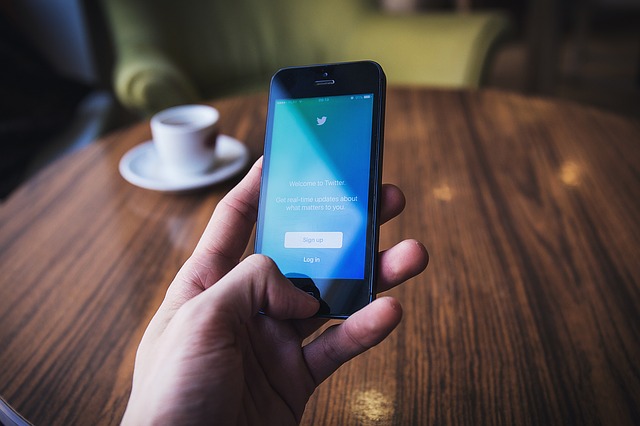New research uses social media data to suggest correlations between certain factors and loneliness.
Loneliness affects about 17 percent of American adults. It is described as negative emotions that one feels when their desire for social connection isn’t met. Although it is not an official medical condition, loneliness can have negative effects on both physical and mental health. Loneliness has been associated with cardiovascular disease, dementia, depression, and more. Furthermore, some of these conditions do not occur until decades down the road.
To address this health concern, recent research has been looking into what factors are associated with loneliness. Social media is a great way to determine this, as people who make frequent posts often reveal a lot of information about themselves. An American study published in BMJ Open used Twitter data to examine the factors that predict loneliness.
Researchers collected 400 million tweets from the state of Pennsylvania between 2012 and 2016, and selected individuals who used the words ‘lonely’ or ‘alone’ in their tweets. An experimental group of 6202 users was selected, and all of them had used those keywords over five times during the four-year period. A control group of users who did not use those keywords was selected as well. All tweets were analyzed for keywords associated with mental well-being, substance abuse, and more, in addition to the time of tweets were recorded.
The experimental lonely group had more posts associated with anger, depression, and anxiety than the control group. They also tweeted more references to prescription and recreational drugs than the control group. This may suggest higher rates of poor mental well-being and recreational substance use in the experimental group compared with the control group. Moreover, the experimental group posted more tweets at night, as well as included more first-person pronouns, negative emotions, and swear words.
This study suggests that poor mental health, substance use, and tweeting at night may be associated with loneliness. More research is needed to determine if this is a valid correlation because factors such as loneliness, poor mental health, and substance use cannot necessarily be determined by social media posts. However, it is an interesting new style of research that could become popular in the future.
Written by Avery Bisbee
References:
Guntuku, S. C., Schneider, R., Pelullo, A., Young, J., Wong, V., Ungar, L., … Merchant, R. (2019). Studying expressions of loneliness in individuals using twitter: an observational study. BMJ Open, 9(11). doi: 10.1136/bmjopen-2019-030355
Anger, anxiety, insomnia: Tweets from twitter users could predict loneliness. (2019, November 4). Retrieved November 4, 2019, from https://www.eurekalert.org/pub_releases/2019-11/uops-aai103019.php.
Legg, T. J. (2019, June 25). Is Chronic Loneliness Real? Retrieved November 4, 2019, from https://www.healthline.com/health/mental-health/chronic-loneliness.
Image by Free-Photos from Pixabay



